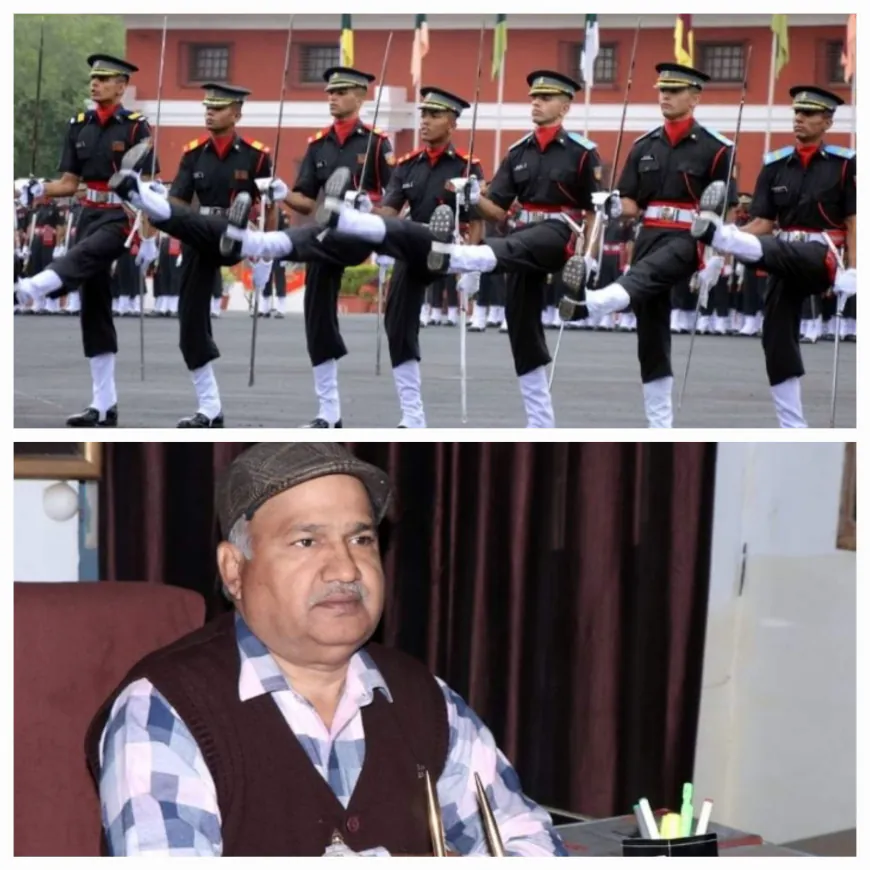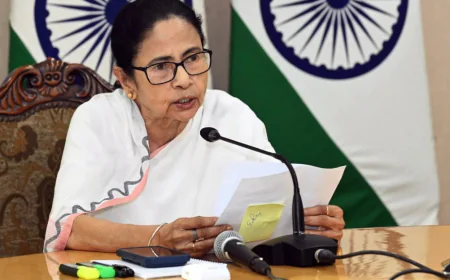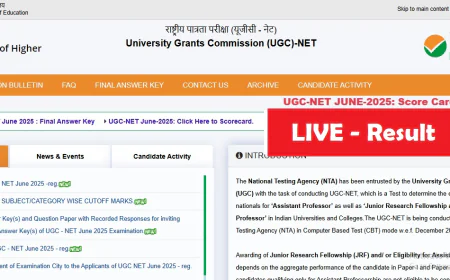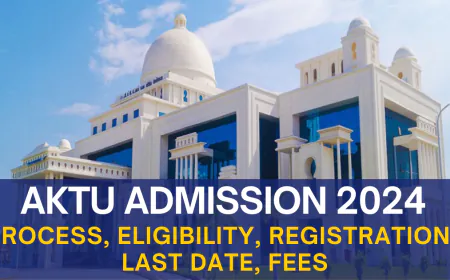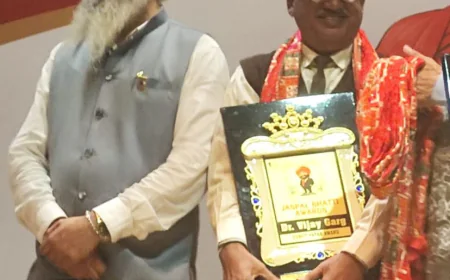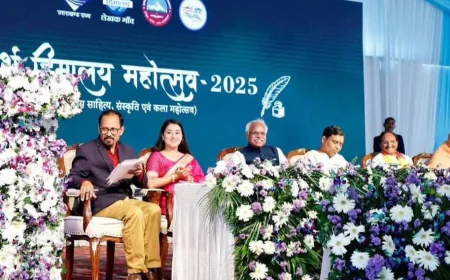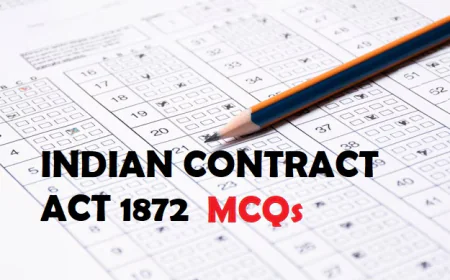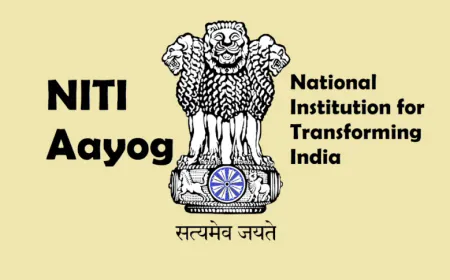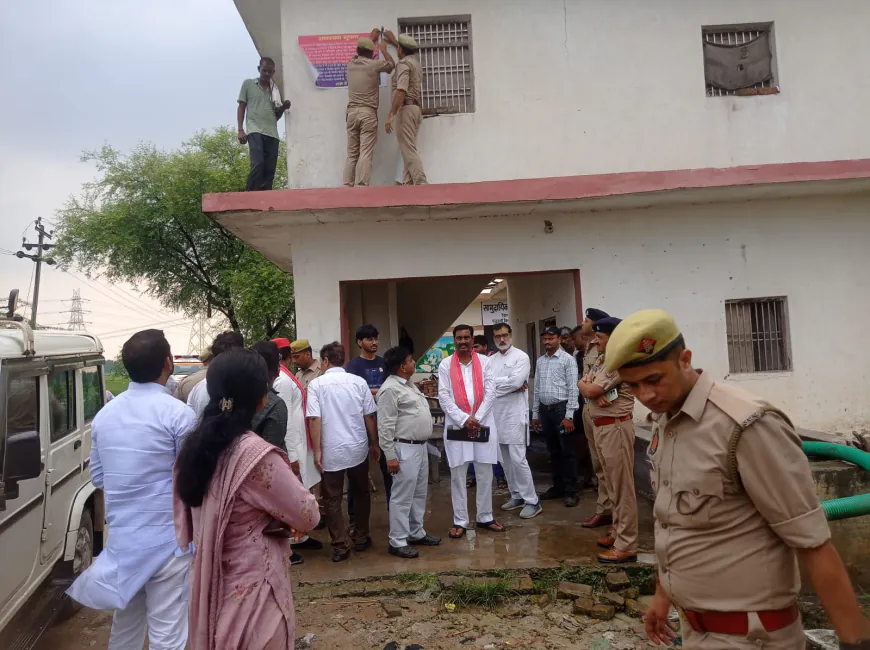How to become an Army Officer. Vijay GarG
Army Officer as a career has always been a dream for the young energetic youth of the country. In fact, there has always been a shortfall of deserving candidates for this coveted career. If you have the desire to give your country more than you desire to have from it. And if you think that you are made for your country and not the country for you, If you are looking to join a passion rather than a profession, and if you think that your motherland is above all for you. Then this is the carrier for you otherwise you can look for something more lucrative to live a comfortable and cozy life with your family and friends. By knowing these facts one may think that there will not be any taker of this passion-turned-profession. But it is not so. The country is full of young ones who are ready to die for their country.
Like in any other profession competition to join the Indian Army too is cutthroat. Those who are mad to wear olive green know that they are the ones who are never going to lose in life. They know if they put a bullet in the enemy's chest they will be applauded and if they took enemies' bullets they will again be applauded for their courage and decorating. They know what they are going to do can not be done by others. They know that they are the only ones that are not known as Hindus, Sikhs, Muslims, etc. They are known as The Indian Army.
And there is no dearth of such young ones. That is the reason, The Indian Army is one of the few volunteer Armies, unlike many other so-called superpowers that have to maintain compulsory army services. The passion among the young ones made the competition all the higher. It is also a truth that the Indian Army is running short of nearly 11,000 officers but this does not show in any case that the next generation lost the charm for the services. Rather it highlights the fact that the Indian Army never compromises on quality, it may be short of quantity for some time for one reason or another but the quality is never compromised.
So one has to be the best to join. And to be the best one is required to be full of confidence, courage, determination, and grit to uphold the aspirations of the entire country. If you have these basic qualities you are most welcome to the Indian Army training institute where your qualities will be polished to lead the nation from the front. Indian Army Officer Eligibility To become an Indian Army Officer you can avail one of the following Opportunities. No.1. Through National Defense Academy Exam (NDA) Eligibility Criteria To join the NDA you need to fulfill the following requirements: Educational Qualification To be eligible for joining NDA you should be passed/appeared 10+2 in any stream Age Limits 16-1/2 to 19 years Nationality Indian Gender Only male candidates can join the services through NDA Physical Standards General physical requirements are common for all candidates.
You must be in good physical and mental health and free from any disease/ disability, which is likely to interfere with the efficient performance of duties. There should be no evidence of a weak constitution, bodily defects, or being overweight. The height and weight standards for men and women differ. Your chest should be well developed. The minimum range of expansion after full inspiration should be 5 cm.
There should be no disease of the bones and joints of the body. You should be free of any past history of mental breakdown or fits. Your hearing should be normal without any evidence of present or past disease of the ear, nose, and throat. There should be no sign of functional or organic disease of the heart and blood vessels. Your blood pressure should also be normal. The muscles of the abdomen should be well developed without any enlargement of the liver or spleen. Any evidence of disease in the internal organs of the abdomen can be a cause for rejection. An un-operated hernia can make you unfit for selection. If operated, this should have been done at least six months prior to the present examination and healing should be complete without any potential for recurrence.
There should be no hydrocele, varicocele, or piles. If operated for hydromel and/or varicocele, this should have been done at least six months prior to the present examination and healing should be complete without any recurrence. Urine examination will be done and any abnormality, if detected, can be a cause for rejection. Any disease of the skin, which is likely to cause disability or disfigurement, will also be a cause for rejection. Vision will be tested. You must have good binocular vision. In case you have undergone or are detected to have undergone Radial Keratotomy, or any other procedure to improve the visual acuity, you will be permanently rejected. You should have a sufficient number of natural and sound teeth. A minimum of 14 dental points will be acceptable. When 32 teeth are present, the total dental points are 22. You should not be suffering from severe pyorrhea. No.2. Through the Combined Defense Services Exam (CDSE) Eligibility Criteria To join threw CDSE you need to fulfill the following requirements: Educational Qualification Graduation in any discipline from a recognized university or equivalent.
Age Limits 19 to 24 years Nationality Indian Marital Status Single No.3. Engineering Graduates Eligibility Criteria An Engineering graduate can join the Indian Military Academy directly. They only need to attend the Service Selection Board interview Educational Qualification Graduation in Engineering from a recognized university and equivalent. Age Limits 20 to 27 Years Nationality Indian Marital Status Single No.4. University Entry Scheme Eligibility Conditions Students of Final and pre-final years of engineering degree courses can also apply to the Indian Army as an officer.
They are eligible for induction into technical branches/services of the army as commissioned officers under the University Entry Scheme. Educational Qualification Final or Pre-Final year of Engineering from a recognized university or equivalent. Age Limits 19 to 25 years and 18 to 24 Years for Final and Pre- Final year of Engineering Nationality Indian Marital Status Single How to Become an Army Officer? To be an Army Officer one has to follow the given steps: Step 1 Scrutiny of Applications After scrutiny of the application for eligibility sent by you to the UPSC, you will receive a call letter with further instructions. For seeking entry into the Army Wing of defense forces through the NDA or CDSE, your applications need to be sent to UPSC, New Delhi.
It conducts a written test twice a year in April & August (NDA) and April & September (CDSE). Advertisements for the examinations are released about six months in advance. Qualifying in these exams takes you to step two. Step 2 Testing Officer-Like Qualities After successfully clearing Step 1, you will receive a call letter to report to any one of the Army Selection Boards located in Bhopal, Allahabad, and Bengaluru. At the Army Selection Boards, you undergo a number of psychological tests, an interview, and group activities, which are collectively called the Officer Like Qualities (OLQ) Tests.
These tests are designed to gauge your potential and suitability as an officer in the Armed Forces. Short Description of the Test The Psychological Tests are written tests that are conducted by a Psychologist. The Group Tests are interactive indoor and outdoor tests. We expect active physical participation from you. The Interview involves a personal conversation with our Interviewing Officer. The following is the schedule for OLQ Tests: Schedule for Army Branch Day 1 Phase I & Psychological Tests Day 2 Group tests Day 3 Group tests Interview Day 4 Interview Day 5 Conference Step 3 Conducting Medical Examinations If found suitable by the Selection Board, you would be sent for a thorough medical examination. Step 4 Preparing All India Merit List An All India Merit List is compiled on the basis of your performance at the AFSB and is subject to being medically fit. Based on the vacancies available, Army HQ would issue joining instructions to join Army Academy for training.
Army Officers' Career Prospects Once inducted in the Army as a Lieutenant you can move on to the following given position with the ability and experience of your services. Army Officer Ranks Lieutenant Caption Major Lt. Colonel Colonel Brigadier Major General Lt. General General (Chief of the Army Staff) The topmost post in the Indian Army. Army Officer Pay Scale/Salary Rank Pay Band Grade Pay Military Pay Lieutenant 15600-39100 5400 6000 Caption 15600-39100 6100 6000 Major 15600-39100 6600 6000 Lt. Colonel 37400-67000 8700 6000 Brigadier 37400-67000 8900 6000 Major General 37400-67000 10000 Nil Lt General 37400-67000 12000 Nil General 80000 (Fixed) Chief of Staff 90000 Entrance Exams for Army Officer Combined Defence Services Exam National Defence Academy and Naval Academy Exam Vijay GarG Retired Principal Educational columnist malout On Thu, 11 Jul, 2024, 3:41 am Vijay garg, wrote:
How to become a Logistics Manager Vijay GarG
Logistics Managers organise the storage and distribution of goods. They need to ensure the right products are delivered to the right location on time and at a good cost. They may be involved in transportation, stock control, warehousing and monitoring the flow of goods. Logistics Manager focuses on planning and forecasting, purchasing, assembling the product, moving, storing and keeping track of a product as it flows toward you and other consumers. Also, it is called a supply chain, which plans, implements and controls the efficient, effective forward and reverses the flow of goods and services. It also plans about the storage and related information between the point of origin and the point of consumption in order to meet customer and legal requirements.
Logistics Manager Eligibility The candidates must have passed the 12th level examination and graduation with at least 50% marks in aggregate, from any recognized Institution or a University to take a course in this field. Logistics Manager Required Skills A logistics manager needs to have an understanding of the whole supply chain so they can coordinate it effectively and liaise with suppliers of raw materials, manufacturers, retailers and consumers. They should also be aware of external influences such as legislation, fuel costs and environmental pressures. They should be able to monitor the quality, quantity, cost and efficiency of the movement and storage of goods; coordinating and controlling the order cycle and associated information systems.
Applicants should also have skills like analysing data to monitor performance and plan improvements and demand; allocating and managing staff resources according to changing needs. They should also be able to implement health and safety procedures; manage staff training issues; motivate other members of the team; project management and setting objectives. Logistics Managers should also be expert in planning projects; working on new supply strategies and planning vehicle routes. Institutes offering Courses for Logistics Manager Trade-Wings Institute of Management (T.I.M.), Mumbai Indian Institute of Logistics, Chennai Institute of Logistics and Aviation Management (I.L.A.M.), New Delhi Dr M.G.R. Educational and Research Institute, Chennai How to become Logistics Manager?
The below given are the steps one has to follow for becoming Logistics Manager- Step 1 After passing their 12th class, they complete their graduation like the following given courses. There are many institutes offering courses for this. The candidates are required to appear for an entrance exam to join the graduate courses in PG. Entrance exams- The ICFAI Business School Aptitude Test The Maharashtra Common Entrance Test Diploma / Bachelor Degree Courses Advance Diploma in Logistics Management Advanced Certificate in Supply Chain Management B.B.A Logistics and Shipping Educational qualification: For taking up bachelor degree course one should be the 12th class pass. Step 2 Candidates having passed their graduation take up further Master Degrees so as to obtain managerial positions or to enter in management.
Here, there are also many Master Degree courses available for them; some of them are given below. Postgraduate Diploma / Master Degree Courses M.B.A. Logistics and Shipping M.B.A Logistics and International Transport M.B.A. Logistics and Supply Chain Management Educational qualification: Candidates should be graduation pass for getting admission in postgraduate courses. The above-mentioned institutions are offering courses for this profession. Logistics Manager Job Description The logistics manager is responsible for collaborating with the other officers of the company like purchasing officers, transport and warehouse managers, to ensure that the goods produced by the company are received in the company's depot on time.
They are also responsible for making sure that the goods are stored in a proper and safe manner in addition to looking after their timely dispatch to outlets. Logistics Manager Career Prospects There are so many fields with tremendous opportunities for talented and energetic future managers in India as well as abroad. The scope for the field is increasing with supply chain spending, growing faster than the overall economy and company CEO's recognizing the importance of Supply Chain Management (SCM). They can have jobs in cargo handler and shipping companies which are always in need of candidates with a professional degree in Logistics.
The logistics companies which are work in close association with airline companies, shipping enterprises and surface carriers also have so many scopes for them. They have good openings for them outside India as well in form of warehouse supervisor, shipping coordinator, operations manager, export sales coordinator, export executive, logistics coordinator and expeditor. Applicants having an MBA in Logistics can begin as a management trainee, analyst, or front-line supervisor in warehouses or retail outlets of big manufacturers. Logistics Manager Salary In the beginning, one can get a salary between Rs.20,000 to Rs.25,000 per month. Candidates, who have two to three years of experience, can earn around Rs.40,000 to Rs.45,000 per month. And who are well qualified and experienced can find employment abroad and get an attractive pay package.
Therefore, experience and knowledge do matter here in the job. Vijay GarG Retired Principal Educational columnist malout 2( Education is Changing Rapidly Vijay GarG In today’s fast-moving world, a model where we graduate in our youth prepared for a lifelong career is simply no longer valid. Technology is reshaping the world into one where ongoing training, upskilling and reskilling are a necessity – and education is transforming to cater to this. Artificial intelligence (AI), online learning and breakthrough technologies like virtual and augmented reality (AR/VR) already play an increasingly important role. They will all become more integrated into the way we study and learn over the next decade. Immersive Virtual Learning Environments By 2035, the distinction between the physical and digital worlds will be increasingly blurred, and this is as true in education as anywhere. While I am sure many children and teenagers will still be attending brick-and-mortar school, alternatives will be well established for those who can’t, as well as for adults and lifelong learners.
VR and AR technology will be far more accessible than it is today, with lightweight and affordable devices making it easy for anyone to interact with tutors and fellow learners as if they were in the same room. Highly immersive virtual classrooms and campuses will mean we can participate in sophisticated simulations, engage in complex scientific experiments or explore ancient civilizations first-hand. The maturing of technologies that exist today will democratize access to education for those who aren’t fortunate enough to live in areas with good schools and colleges.
However educators will face the challenge of balancing this with concerns such as increased social isolation and the impact of extended screen-time on developing minds AI-Driven Adaptive Learning AI is going to change education (and everything else) in many ways, but over the next ten years, one of the most profound effects will be the rise of personalized learning. As the number of learners in both traditional classrooms (particularly in the developing world) and online environments climbs, teachers will have access to tools that accurately assess abilities and differentiate between learning styles to create hyper-personalized curriculums tailored to individuals’ requirements.
Today’s AI tutoring platforms will evolve into flexible AI mentors, able to understand psychological states and behavioral patterns to determine the best teaching strategies and even provide emotional support and encouragement. Students will have access to insights derived from biometric data to help them recognize the best time to learn and when they should rest. Adaptive gamification will challenge learners to improve themselves by dynamically engaging and assessing them throughout the education process, perhaps putting an end to the stress-inducing routine of cramming for end-of-term exams. Personalization at this level has the potential to help us learn better and attain better educational outcomes. However, there will also be big challenges around privacy and questions over the role of human teachers as they find their role transitioning from information providers to learning facilitators. Biased data could lead to learners being inaccurately assessed, and care must be taken not to overlook the importance of human oversight and mentorship.
Email address Sign Up By signing up, you agree to our Terms of Service, and you acknowledge our Privacy Statement. Forbes is protected by reCAPTCHA, and the Google Privacy Policy and Terms of Service apply. Neurotechnology And Accelerated Learning – Hacking The Human Brain For Better Learning Here’s where things get very science fiction. So, brain-computer interfaces (BCIs) are in development today – the most famous example being Elon Musk’s Neuralink experiments. Don’t worry; we probably won’t all have to have chips implanted in our heads to benefit, though, as non-invasive forms of BCI have also been in development for some time.
The first use cases in education are likely to involve assisting students with disabilities, enabling them to control devices with thoughts. This will enhance their ability to communicate and take part in learning activities. Within ten years, they could also be used to understand the brain’s learning processes better, potentially speeding up our ability to ingest, retain and recall information. By monitoring the electrical feedback generated by the brain, researchers believe it may be possible to optimize our ability to learn information and even develop skills such as playing a musical instrument. Will this really be mainstream within ten years? Well, a lot depends on the outcome of research that’s going on today. And just as importantly, it will come down to how society is able to answer questions around the ethical and security implications of developing technology that can literally read our thoughts! Vijay GarG Retired Principal Educational columnist malout
